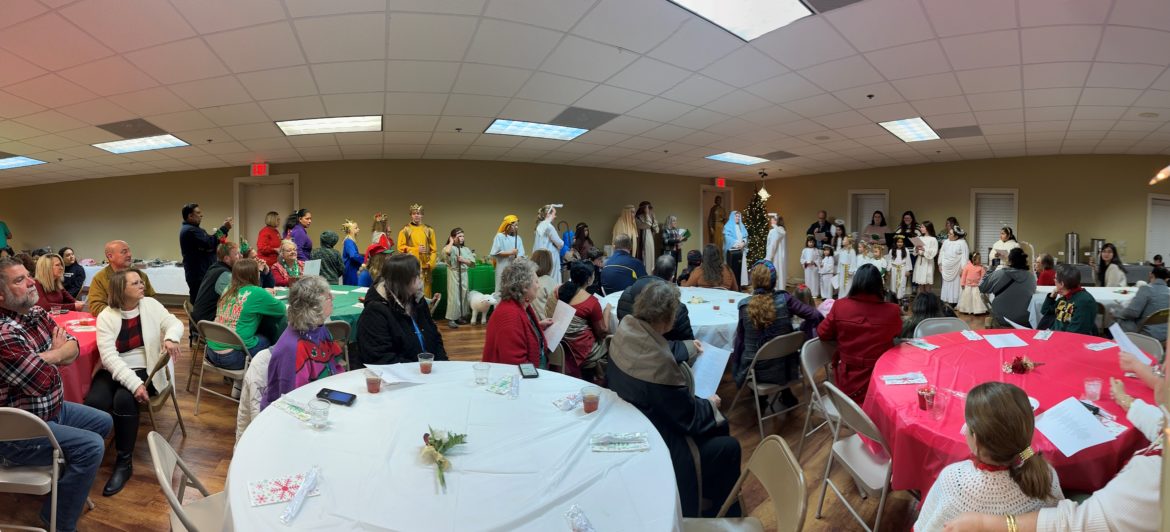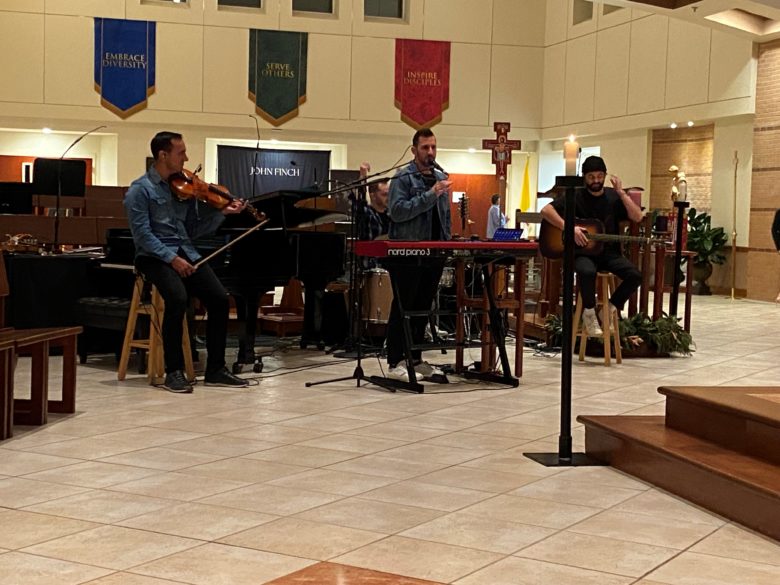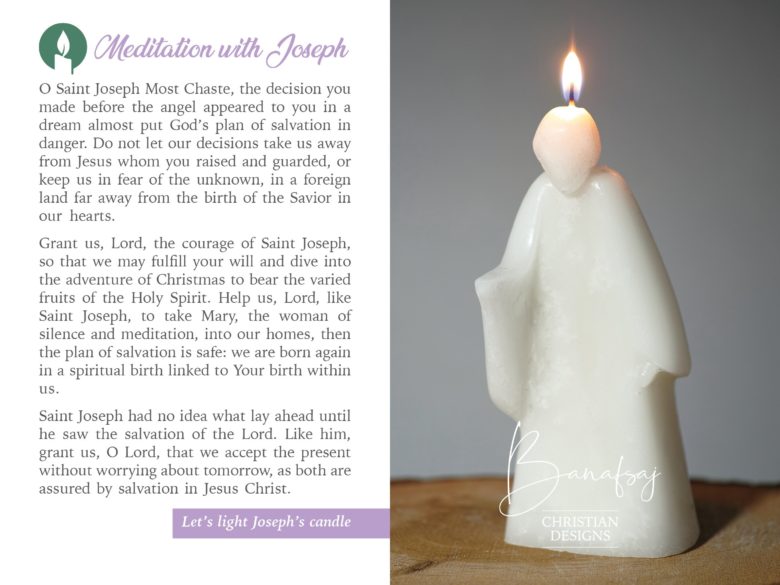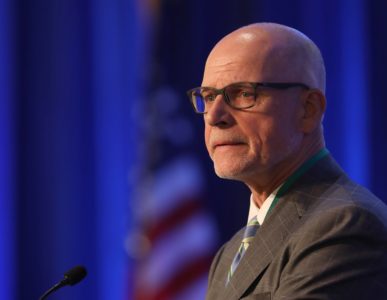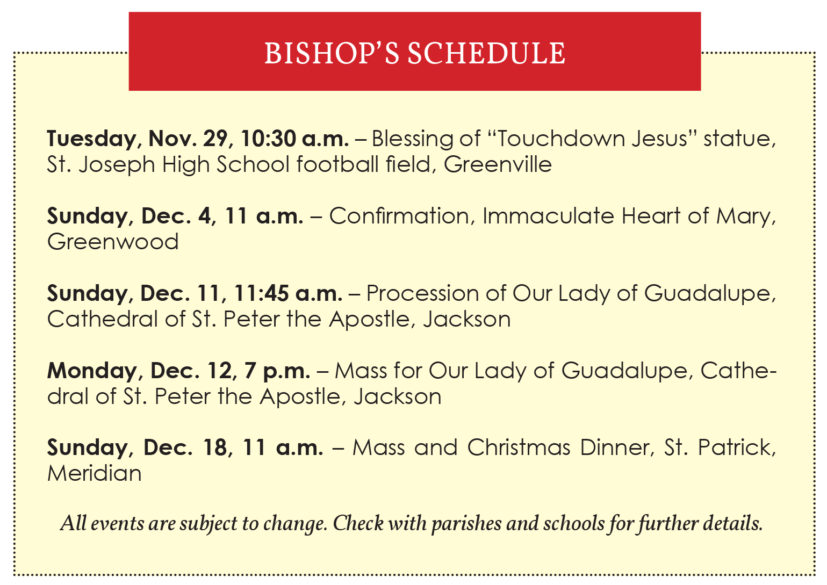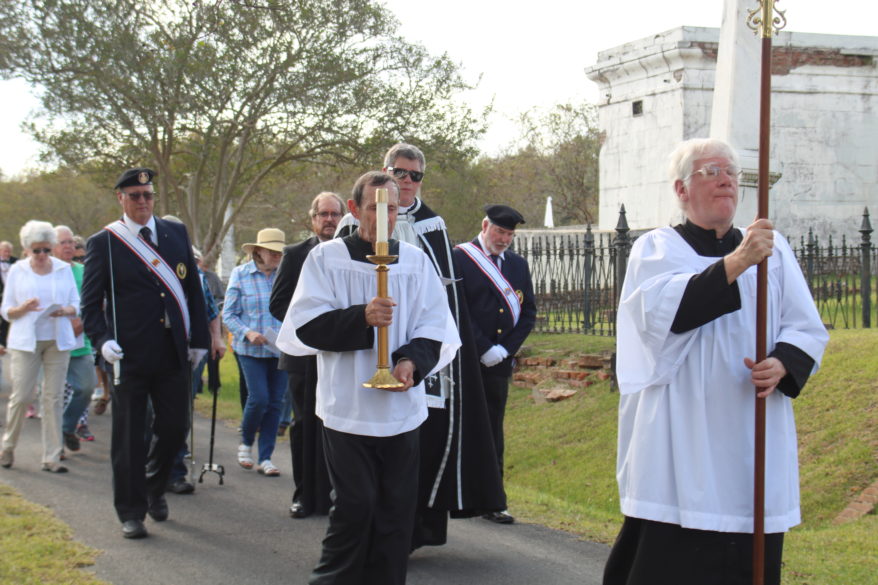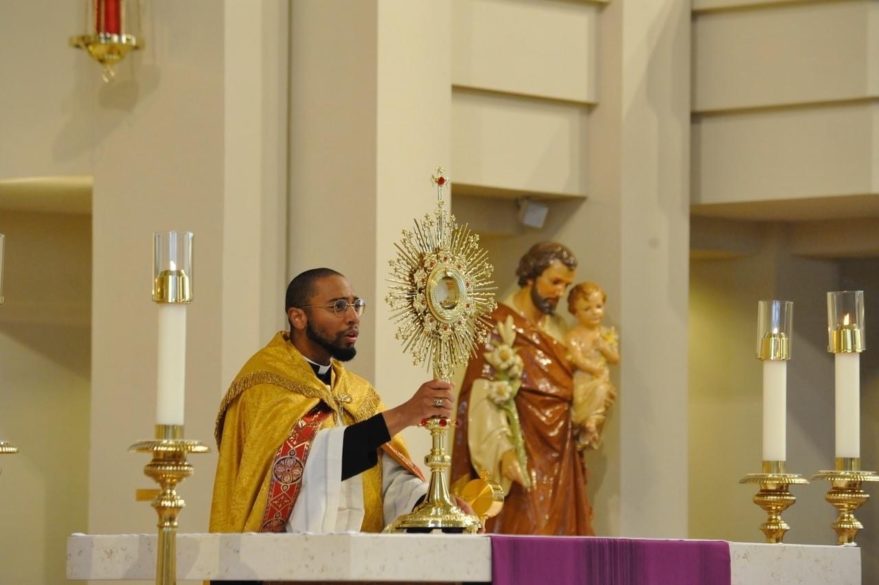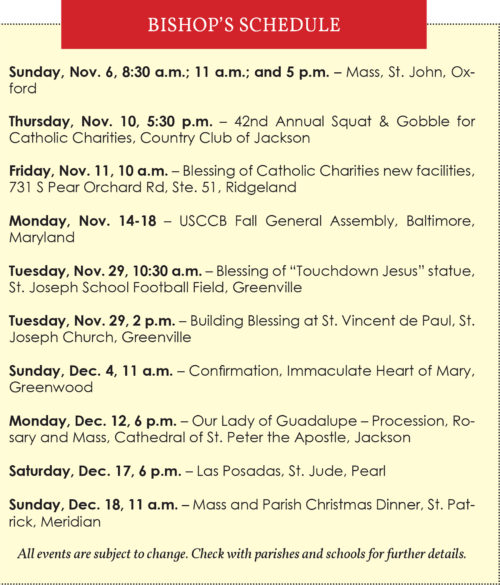By Bishop Joseph R. Kopacz, D.D.
I’m dreaming of a white Christmas, an experience of pure magic coming down from the heavens, settling on trees, lawns and Christmas scenes but not on roadways or sidewalks. This could be a reality in Jackson on Christmas day, but it’s too early to tell. However, there is no uncertainty that Jesus Christ is born once again into our lives through faith at Christmas. It is the stuff that dreams are made of – the Word made Flesh, the light coming into the world filled with grace and truth as pure gift. (John 1:14)
Dreams are at the center of salvation history in the Bible, especially in the Infancy narratives. Mary’s encounter with the Angel was more like a daytime vision or dream that progressed from confusion to certainty and peace, by God’s grace. (Luke 1:28-38) For Joseph the nighttime dream became his pathway to discern the will of God regarding Mary and the child that was not his own, but rather the One belonging to the whole world. (Matt 1:18-24)
The scriptures say that Joseph is a righteous man (Matt 1:22) in right relationship with God and others, especially with Mary. We can readily accept that he possessed a rich inner life of prayer, a discerning spirit and a purity of heart; the first beatitude, all of which God formed in him through faith in order to accomplish His will through Mary and Joseph in the plan of salvation.
Building upon last Sunday’s Gospel from St. Matthew, the dreams continued when Joseph was alerted to escape from the murderous rage of King Herod, (Matt 2:13) and then, forewarned once again to return from Egypt to Nazareth (Matt 2:20) where the Holy Family could finally settle down, allowing Jesus to grow in wisdom, knowledge and grace until the time of his public ministry.
The promptings of the Holy Spirit in the minds and hearts of all of us, asleep or awake, can be as impactful because these inspirations come from the mind and heart of Jesus Christ and the bosom of the Most Holy Trinity. But no different than Mary and Joseph, we understand that that the gifts we need at Christmas and every day of the year are purity of heart, humility, obedience to God’s will, and an abiding awareness that we are God’s children now, already having received the first installment of the promise of eternal life. (Eph 1:14)
Over the Advent season we were exhorted to prepare the way of the Lord, through prayer and repentance, to cultivate a discerning spirit to value the things that really matter, and through acts of loving service, justice and peace to make this world a better place. Like Mary and Joseph, we are called to dream with God.
Rejoice, as we joyfully celebrate the Lord’s birth, because God so loved the world that he sent his only Son to save us, (John 3:16) to draw us out of darkness into his own marvelous light. (1Peter 2:9) This is a dream come true, white Christmas or not, and with all of the heavenly hosts, let our voices resound with, “Glory to God in the Highest,” (Luke 2:14) and with Mary, let us proclaim, “My soul magnifies the Lord, and my spirit rejoices in God my Savior.” (Luke 1:46)
Merry Christmas!
